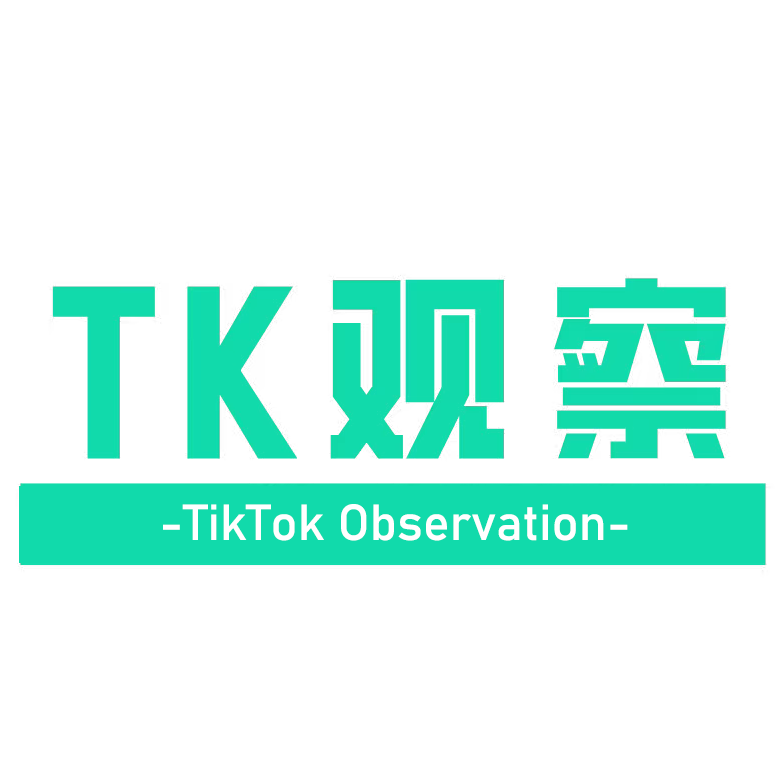The TikTok bill that recently passed the House by an overwhelming majority but faces an uncertain future in the Senate is an interesting text case for conservative use of government power.
On its face, it is written as narrowly as it could possibly be to apply directly to TikTok without being a bill of attainder, which would be unconstitutional.
A new generation of conservatives is arguing that the Republican Party must be willing to use the power provided by its constituents on their behalf, overcoming knee-jerk objections that doing so is always injurious to business, the economy, or a free society. This would seem like a good place to start.
Divestment from China is a legitimate policy objective. We have neither a free speech nor free market obligation to permit Beijing to easily access and store American users’ data. The Chinese Communist Party is using both the global marketplace and the openness of our society against us in a way the Soviet Union, with their greater fealty to the economics of long bread lines and two left shoes, never could.
There are, of course, other ways the Chinese government could obtain U.S. data that this bill does not address. Yet TikTok’s parent company, ByteDance, is based in Beijing and subject to Chinese intelligence law. It should be possible for lawmakers and regulators to take this into account without being hostile to business or social media in general.
Yet it does not take an amazing amount of foresight to see how a president like Joe Biden might attempt to abuse the power to deem a company that, say, disseminated news stories about Hunter’s laptop or irregularities in U.S. aid to Ukraine somehow “controlled by a foreign adversary,” even with all the checks contained in this particular bill.
Maybe the legislation perfectly anticipates all such chicanery and any effort along these lines would fail, with Congress or the courts rejecting them as biased and bogus.
Nevertheless, the recent track record of the federal government has not been impressive, to put it mildly. This particular bill does at least have the benefit of being bipartisan. Even so, whose warnings have been more prescient over the past 20 years? Those of the bipartisan authors of the Patriot Act or Rand Paul, Thomas Massie, and their forerunners?
There is also the non-trivial matter that the congressional gerontocracy is not especially tech-savvy, recalling former New England Patriots coach Bill Belichick’s quips about “Snapface” and “Instachat.” Belichick is a spry 71, nearly a decade younger than Biden and a dozen years younger than Nancy Pelosi.
This is to some degree rectified by younger and more technologically proficient congressional staffers, some of whom presumably know that the internet is not merely a series of tubes and is here for the long haul. But we’re still grappling with the societal effects of the internet’s ubiquity, even on the Right, even among the younger set.
The winning and wielding of political power should not be new topics for anything as old as the Republican Party or the conservative movement. They are nevertheless being discussed anew, on subjects far afield of TikTok or China.
Potentially banning a highly popular social media platform through the granting of powers that will someday—indeed, perhaps immediately—be held by their political opponents is a chance to demonstrate either competence or the law of unintended consequences.
There are some matters that are of genuine public and national interests, concepts that are not simply nice titles for magazines. A mature political movement and party must be able to legislate and govern constructively in these cases.
At the same time, government action often fails even when well-intentioned. Authorities often seek to test the constitutional and statutory limits on their power, unless they find it politically advantageous to punt contentious questions to the administrative state or the judiciary.
The fusionists of old were wrong to pretend they had achieved the perfect synthesis of liberty and virtue in their particular mix of war, welfare, and traditional values. The concept that these are two social goods often in tension with each other, that need to be managed prudently, remains valid.
Let’s see if the cons of TikTok are able to succeed where the Paul Bremers and Anthony Faucis of the world so conspicuously failed.
[ad]
文章来源: The American Conservative
TKFFF合作,请扫码联系!

文章来源: 文章该内容为作者观点,TKFFF仅提供信息存储空间服务,不代表TKFFF的观点或立场。版权归原作者所有,未经允许不得转载。对于因本网站图片、内容所引起的纠纷、损失等,TKFFF均不承担侵权行为的连带责任。如发现本站文章存在版权问题,请联系:1280199022@qq.com














